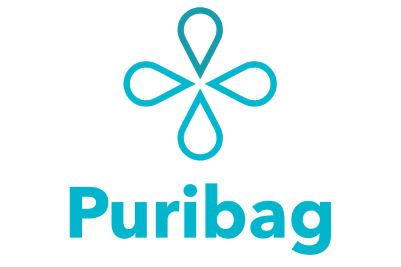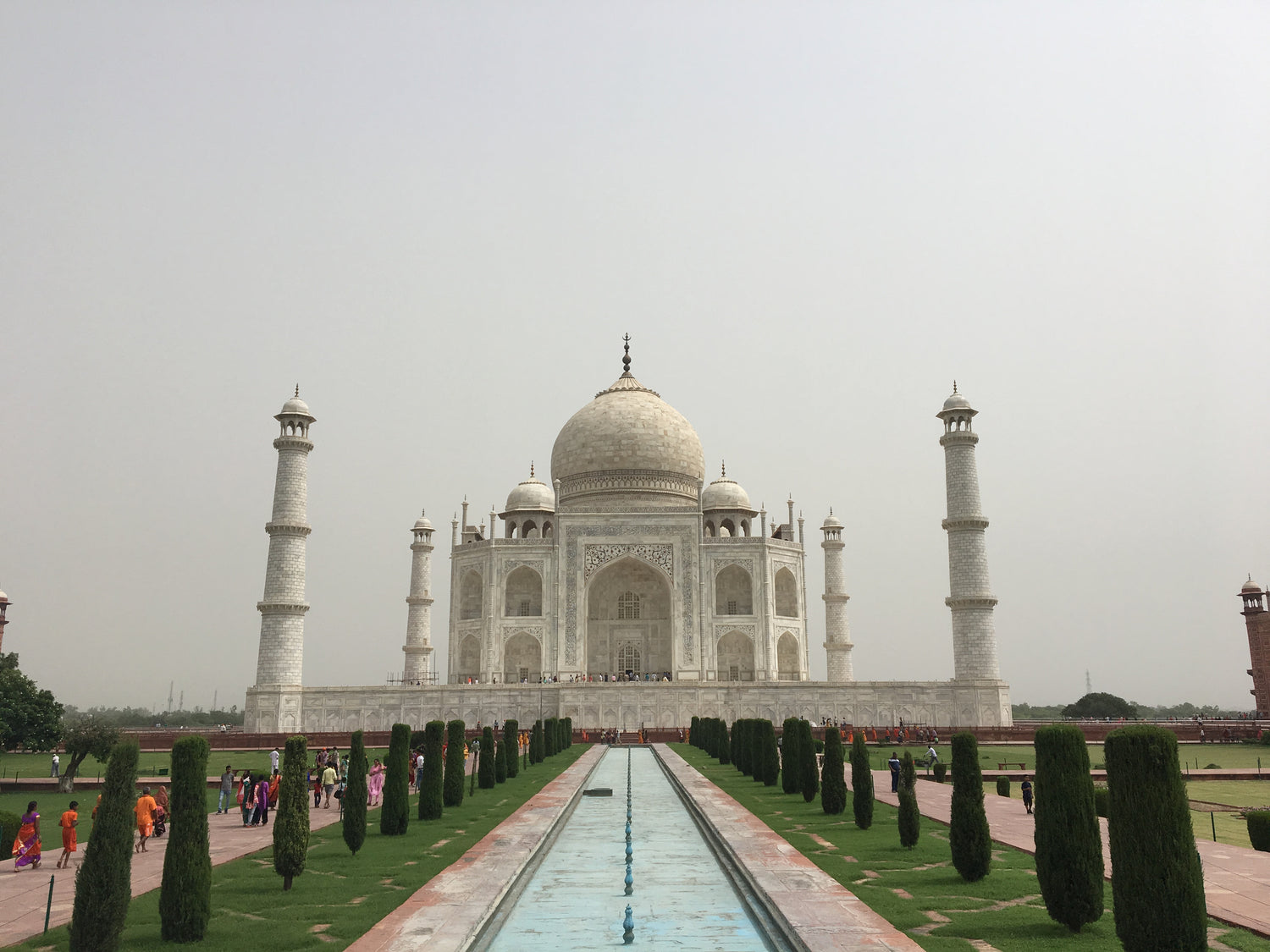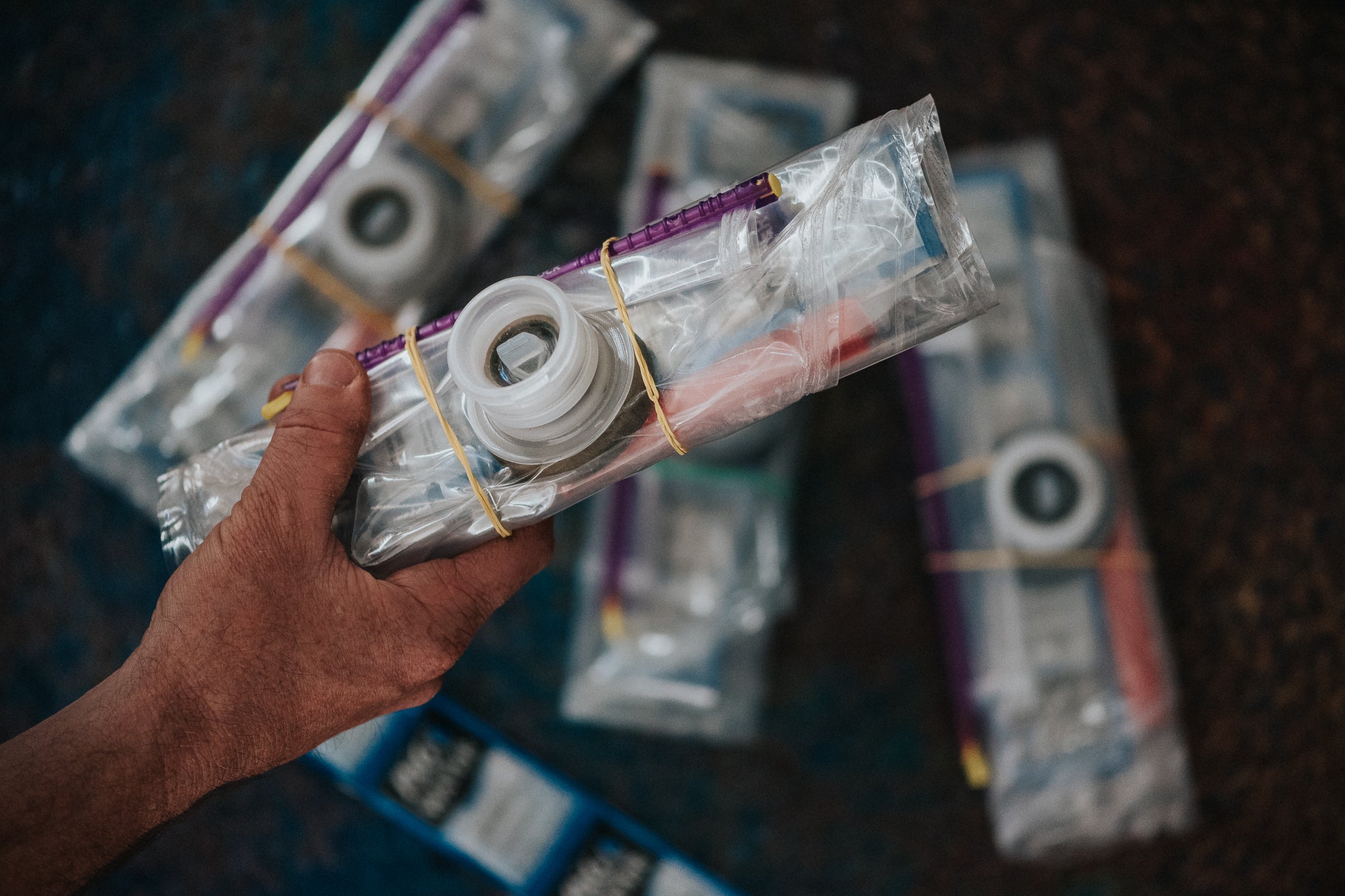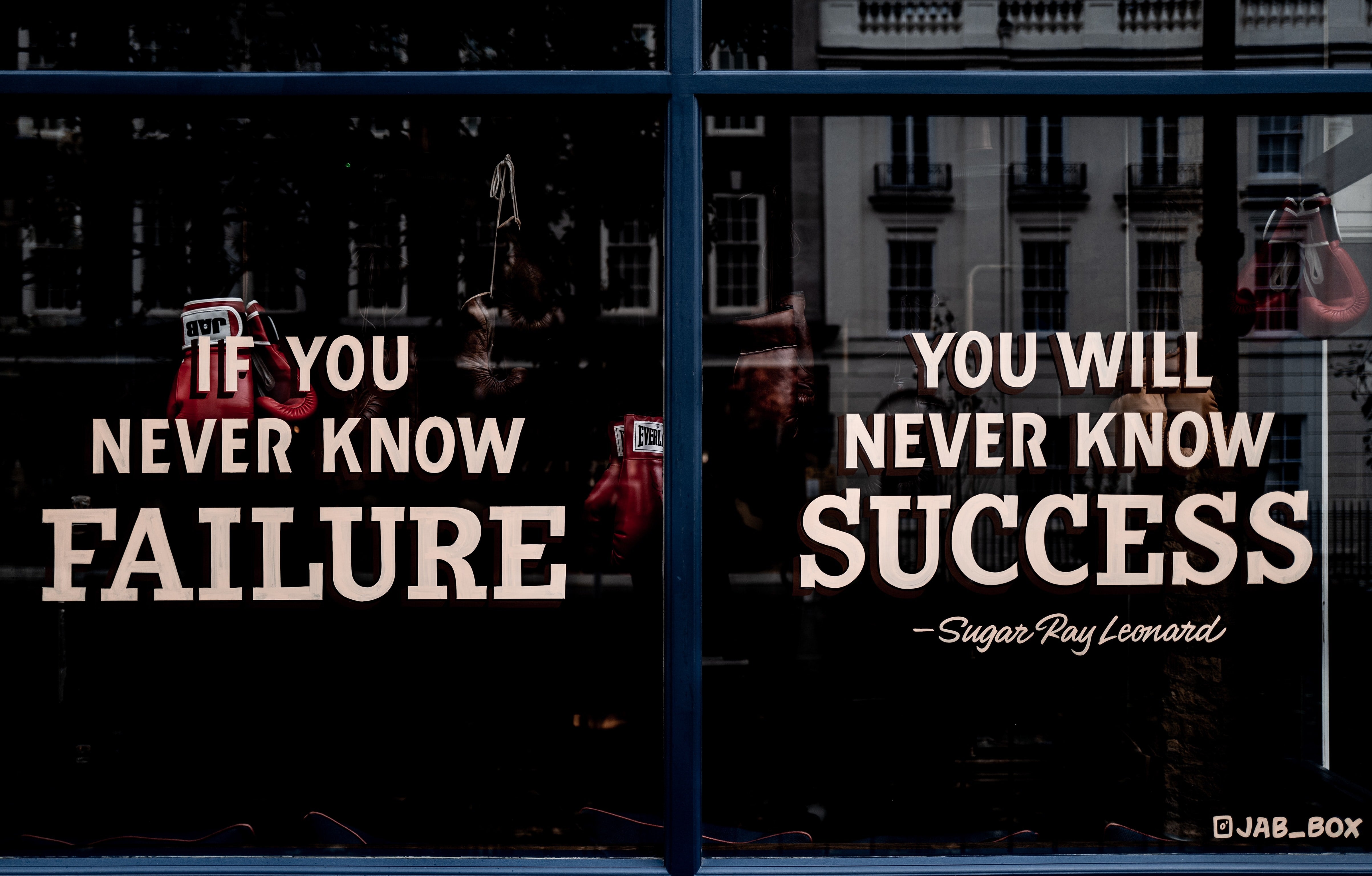The need for safe drinking water solutions/ provisions is always going to be a global one. This is truly one of the biggest issues we face as people, and that is why it has become the focus of our efforts.
There is no shortage of statistics around the effects of unsafe drinking water around the world, and the extreme needs of people displaced, or who simply do not have reliable safe water supply. I’d hazard a guess to say that many, if not most people particularly in developed countries really do not comprehend the scale of the issue because there is more or less a constant supply of pre-treated, safe drinking water. To point out just a couple of statistics which help to quantify the scale of issue we are tackling; 785 million people lack even a basic drinking water service (some 30x the population of Australia), and globally there’s 2 billion people who use a drinking water source contaminated with faeces (one of the key causes of water-borne disease).
So, how do you go about doing something to fix such a monumental human issue?
You make a start, simple as that really. Global issues are also local issues, it just depends on where your local is.
We started via the development of a different technology, during which we (and others) saw opportunity to pivot the focus of this tech to safe water. Following encouragement from our business mentors and others, we set off in 2016 on our first South Australian Government led business mission to India. I’ve gotta say there was some imposter syndrome going on at the time, for me at least as we went (somewhat) blindly into a completely foreign market, talking to Indian companies about the “concept” we were working on whilst being surrounded by CEO’s of defence companies, wineries and a plethora of others managing multi-million dollar businesses and with products ready to sell.
There was some good interest in what we were doing (which was encouraging), but clearly, we were far too early at that time. We were looking for partners; organisations who could see the issue we were working to fix, but this was also very much an exploratory mission to try and understand the issues and the opportunities. We were fortunate to find ourselves an Indian organisation who were an NFP entity, well-funded and with good intentions which really began our Indian focus. They agreed to work with us to assist in ensuring we developed a fit-for-purpose product which would be applicable there (and elsewhere). At the time we had no idea exactly the journey we were embarking on, the time it would take, or the difficulty (at times) in cross-culture business dealings. Looking back to this time we were green, but we learned a lot and continued to learn as we continued to return each year (until COVID put a temporary stop to that!), each time further building and strengthening our relationships, and gaining a greater understanding of international/ cross-cultural business dealings.
I am a big believer in the notion that you cannot properly understand a place or a culture if you haven’t been there (you can’t read it in a textbook and expect to have a proper understanding). If 2020 has taught us anything, it’s the value of face to face interactions. Business is done very differently in different parts of the world (east vs west cultures) so your expectations need to reflect that. India, having what I would consider a more eastern business culture relies on building relationships, at least more so than perhaps some other countries which operate in a more transactional manner. Trust is something you build in business as you do in any other part of your life. People like to do business with people they know (and trust).
The importance of this relationship building has been evident by the progress we have been able to make where other of the large businesses that participated in that 2016 business mission have long since abandoned their efforts in India. Where for some it was transactional, for us it was relationships. The whole relationship approach is very much my style of doing things, and something that was reinforced during my MBA where I spent time studying abroad in China, another eastern culture country where relationships are key (and there is a greater psychic distance to consider). At the time we didn’t have the product to transact, so we had to adapt. Per my last blog, value is always co-created, and relationships are key, which means there needs to be multiple parties and there needs to be alignment of thinking; a common goal. This was us adapting. We didn’t have a product to sell, but we did have something to offer; a way to solve a problem for them. In the above example, that was (and still is) developing the relationships we needed to create a fit-for-purpose safe water technology which is low cost, and available to those who need it most (at the detriment to a profit-only focus). With a growing acknowledgment of CSR in business, I think businesses still need to be profitable to be sustainable, but they can do it in such a way as to be socially conscious too.
To approach business in a purely transactional way in an eastern-type business culture, will likely be a quick way to fail. We have learned and continue to learn as we go. It’s not possible to know everything before you start so you learn as you go and adapt on the fly.
If I could go back and tell my younger self a few things, or provide any insight for aspiring innovators/ entrepreneurs looking at international business opportunities, they would be –
- Relationships are King. Alignment of intentions/ goals leads to lasting relationships.
- You can’t do it alone. Surround yourself with good people who support you and share your vision.
- Adapt.
- Create value for all parties. If one part of your value chain misses out, it won’t work so don’t focus solely on (your) profits.
- It will take longer than you think, so be patient and stay focused.
- You will make mistakes and that’s ok. Refer point above, a relationship will likely endure when mistakes are made, but transactions wont.
Cheers,
Simon




Leave a comment
All comments are moderated before being published.
This site is protected by hCaptcha and the hCaptcha Privacy Policy and Terms of Service apply.